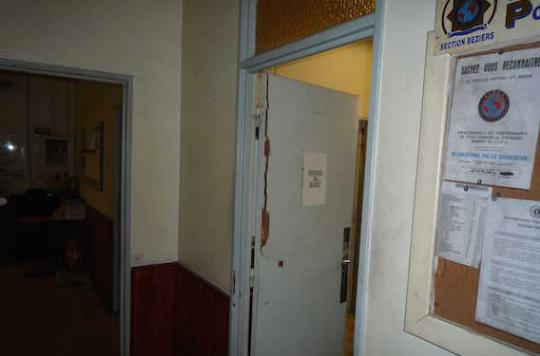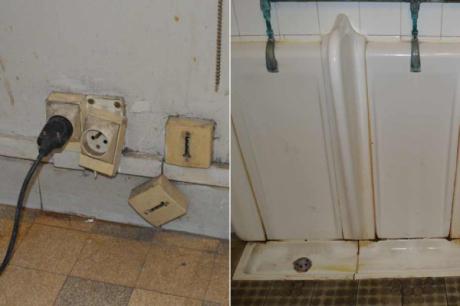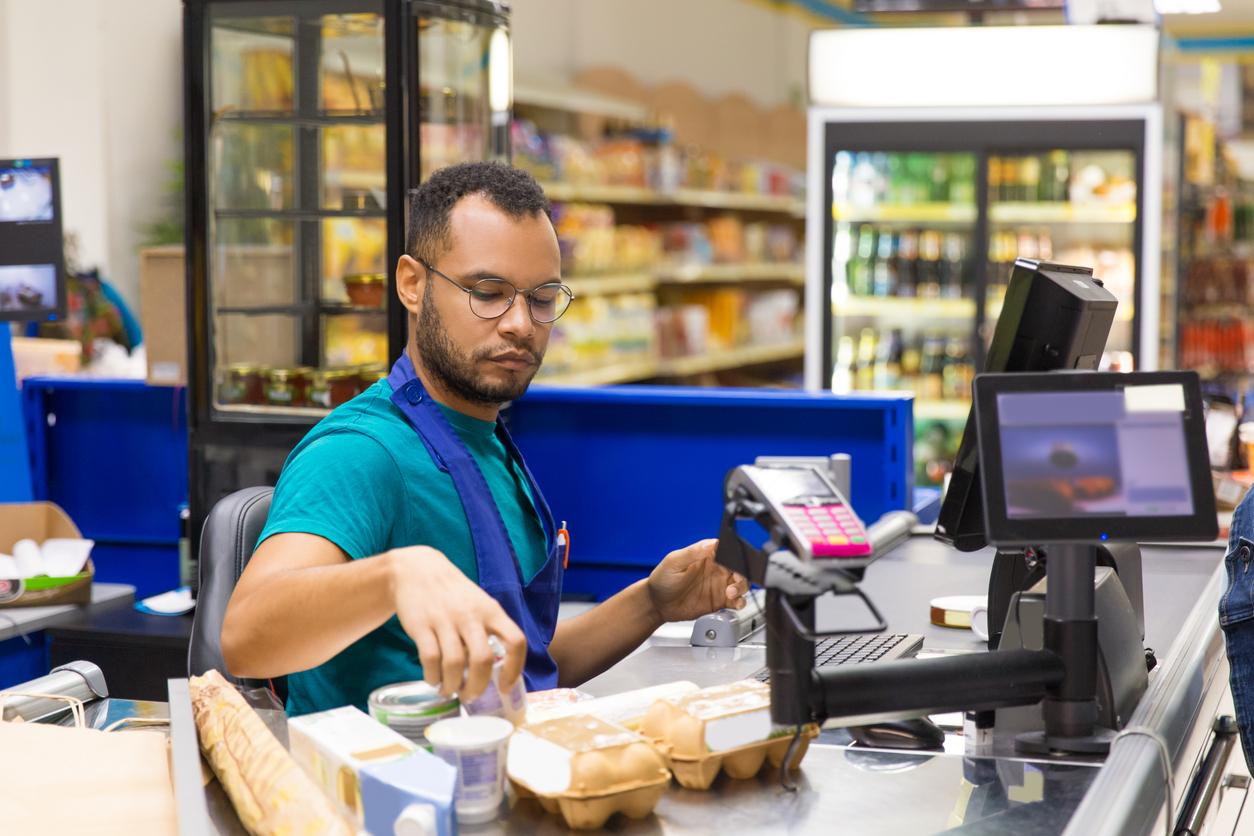While Hauts-de-Seine police officers contracted tuberculosis, the unions denounce the extreme unsanitary conditions of the premises, which put officers at risk of disease.

“Unsanitary? The word is very weak, Madame! When we question the police on the state of their housing stock, the mines are dark. “There are certain police stations … it is difficult to imagine that we can work in them”, sighs Emmanuel Cravello, regional secretary of the Alliance Police Nationale union in the Hauts-de-Seine.
Tuberculosis claimed one victim and two suspected cases in the premises of a police station in Asnières-sur-Seine (Hauts-de-Seine). But that doesn’t seem to surprise anyone. “Since the time that we alert the authorities …”, annoys Frédéric Jung, departmental secretary of SGP Police-FO Unit in the Val d’Oise. And yet, the Asnières police station is not the worst off, with its premises “a little dilapidated”, in the opinion of branch 92 of the union.
Scabies, legionellosis, rats …
In fact, there are worse. In Paris and in its inner suburbs, on some two hundred sites dedicated to the police, the vast majority would show sometimes serious breaches of the rules of hygiene and safety. “We have concerns about the potability of water in some premises, but also of legionellosis at the level of the showers, or of rodents,” describes Emmanuel Cravello. On some sites, with the heat, the temperature can reach 45 degrees, or, on the contrary, drop very low in winter. The asbestos problem is quite recurrent, too ”.
So many celebrations that do not reassure the police. In 2012, an epidemic of scabies broke out in premises in Vannes (Morbihan). Eight cases have been identified among the police and gendarmes. In the Val d’Oise, in Deuil-la-Barre, two police officers were also victims of this disease last October. The police station received the “17 d’or”, which distinguishes the most dilapidated premises. “We have been asking for years that a fence be installed between the floors and ceilings of prefabricated buildings, so that animals (birds, rats, etc.) stop living between the algecos”, deplores Frédéric Jung. The fence never happened; birds and rats continue to lodge there.
Emmanuel Cravello, regional secretary of the Alliance union in Hauts-de-Seine: ” At the Saint-Cloud police station, the building is asbestos, colleagues work in pseudo-containment zones. “
“Some have to bring their toilet paper! “
These anomalies have been regularly denounced to the authorities. According to a report parliament led by Senator Jean-Vincent Placé, 41% of the police’s housing stock is in an unsanitary state. “We had to prioritize the most dismal premises and put aside the others, which would however need a facelift”, explains Emmanuel Cravello. In the Hauts-de-Seine, for example, several sites appear on the emergency lists – Saint-Cloud, Sèvres, Suresnes, Nanterre.
Sanitary equipment is also sorely lacking, especially that provided in the event of an epidemic. There are many protocols to avoid, for example, contamination from people stopped by the police. But most sites do not have masks or gloves. Soap is a rare commodity, hydro-alcoholic gel a precious pearl. “Some police officers have come to bring their own toilet paper to work… Here we are! », Emmanuel Cravello is alarmed.
Budgetary constraints oblige, material claims often sink into the depths of the administration. “With each request for material, you have to do it several times, budget for everything… Suddenly, it is always when the worst happens that things happen. In Asnières, they actually ended up finding a stock of masks. “

The Béziers police station is one of the few to have won the case. An envelope of
120,000 euros were allocated to it to carry out work. © SGP-FO Police Unit
Opacity
The State, guarantor of the health of its officials? The police unions are skeptical, they who resort more and more to “the D system” to ensure basic hygiene and minimum safety in their workplace. And all in silence, since they do not have the right to speak publicly. In Asnières, the newspaper Le Point recounts the pressures on officials so that the tuberculosis case does not get public. “It is certain that there is an opacity of the administration on these subjects, underlines Emmanuel Cravello. But there are drops of water that break the camel’s back. The Asnières affair is one of them. “
.
















